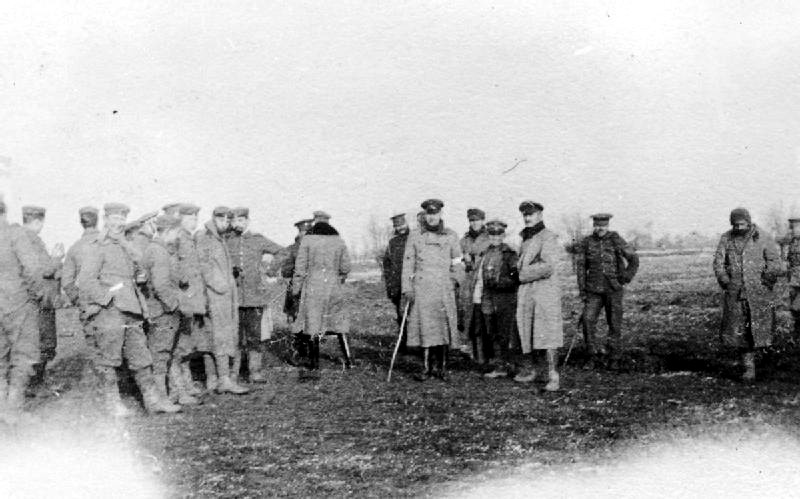 This post has been months in the making. I've wanted to say this for a long while, but I didn't have the words... or the time.
This post has been months in the making. I've wanted to say this for a long while, but I didn't have the words... or the time. As you probably know, the world's not doing so hot. And worse yet, very few of us are attempting to do anything about it, let alone care.
The ones who care are searching for better ideas. The ones who act are trying to foster better habits.
Both are seeking and attempting to realize solutions.
---
What if I told you that there's a significant chance that there is no "solution"? No paradigm to shift to; no golden idea that will transform society; and no be-all end-all way to solve our problems?
These words are not those of a pessimistic fatalist. Recently I've become tentatively confident that one could have all of the currently knowable knowledge in our world and still go through his/her entire life without making a positive impact on society. This reality is less a reflection of the potential qualities and quantities of knowledge than of the day-to-day maintenance and function of the human race. Our collective condition is such that one person could have an idea that could solve all of the world's problems and yet this person could forever live in a world full of problems.
I was lucky. I stumbled upon the Meta-discourse at a relatively young age. I'm speaking of the values discourse: the discourse that overshadows, informs, and shapes all other discourses; the first and last discourse of importance. I've often questioned whether my knowledge has been a blessing or a curse. However, to this day, I continue to maintain that knowledge in of itself is neither good or evil; that the value of knowledge depends on what one does with it.
It's funny. Knowledge of the highest discourse is actually meaningless given the parameters of planet Earth. Even if one had an idea as to how every human decision is made, this knowledge in of itself is valueless.
---
Exhibit Edward Snowden, our new modern middle-class hero. He opened our eyes in ways that few have in our generation. He gave us hard evidence that our governments in the West are not to be trusted and that our supposed representatives have a systemic distrust of the public they supposedly serve. And yet here we are, almost years later living ostensibly the same lives we were living almost years before. What really changed in the day-to-day habits of the masses? The people who already distrusted our governments gleefully confirmed their biases, and the people of faith have yet to demand hard concessions.
Snowden demonstrated a reality of democracy that ironically few care to acknowledge. You could walk into a crowded town square containing the majority of a society with a gold tablet handed to you from the highest God telling everyone how they should live their lives differently with the greatest wisdom, and almost no one would change their day-to-day routine. If one cannot market that understanding, sell it to the masses comprehensibly, and institutionalize it for future generations, then that knowledge in of itself has no value to the future of humanity.
---
In fact, it actually doesn't really matter if you're right.
This is my problem with some of the people who continue to look for that gold tablet, the so-called whistle blowers. Practically speaking, these martyred actions change almost nothing In fact, they will likely change less and less the more bureaucratized and institutionalized society becomes.
That's not to say that the situation is hopeless. We just need to accept the situation for what it is, and use the resources at our disposal. Particularly, we need to target structures. And first and foremost, we need to stay practical.
I continuously hear my friends and colleagues demanding for better ideas. But many of the ideas have been here all along. "An absolutely new idea is one of the rarest things known to man."
People need to make better use of existing good ideas.
We need less armchair humanists and more people carefully leading on the front lines. We need less concern for new ideas and greater execution of ideas that have been around for millenia. We need less people concerned with being right and more people concerned with making us right.




